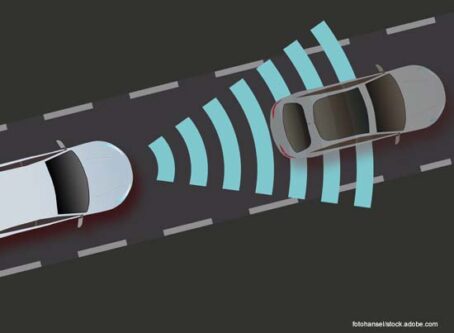Daylight saving time bill passes Senate
A bill that would make daylight saving time permanent across most of the nation passed the Senate on Tuesday, March 15.
Sponsored by Marco Rubio, R-Fla., the Sunshine Protection Act, S623, would end the need to “fall back” to standard time every fall.
The bill, which was approved by unanimous consent and now seeks passage in the House, would not mandate those states that do not currently observe daylight saving time – including Hawaii and most of Arizona – to do so. If the measure passes the U.S. House of Representatives and is signed into law, it wouldn’t take effect until November 2023 in order to accommodate transportation schedules.
“There’s some strong science behind it that is now showing and making people aware of the harm that clock switching has,” Rubio said during comments on the Senate floor. “We see an increase in heart attacks and car accidents and pedestrian accidents in the weeks that follow the changes.
“The benefits of daylight saving time have also been accounted for in the research. For example, reduced crime as there’s light later in the day. We’ve seen decreases in child obesity. A decrease in seasonal depression that many feel during standard time.”
The claims of benefits from passing the bill don’t end there. According to a one-pager on the bill, making daylight saving time permanent would:
- Reduce car crashes involving pedestrians.
- Reduce risk for cardiac issues, stroke and seasonal depression.
- Reduce the number of robberies by 27%.
- Benefit the economy, noting a study that shows a drop in economic activity when the clocks are moved back.
- Reduce childhood obesity and increase physical fitness.
- Benefit the agricultural economy.
- Reduce energy use.
The Sunshine Protection Act is receiving bipartisan support, with 10 Republicans and eight Democrats serving as co-sponsors in the Senate.
According to CNN, Rubio said he doesn’t have any assurance that the House will take up the bill. LL









